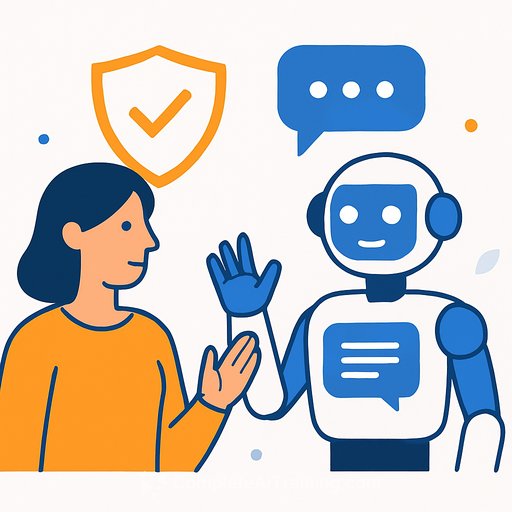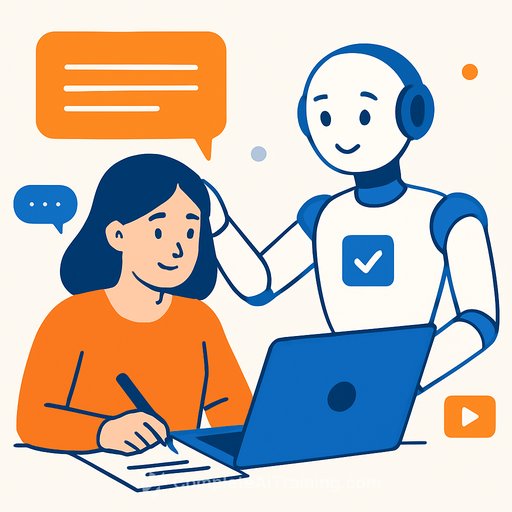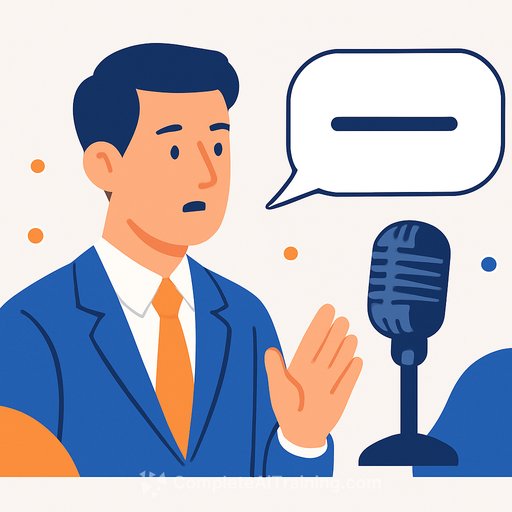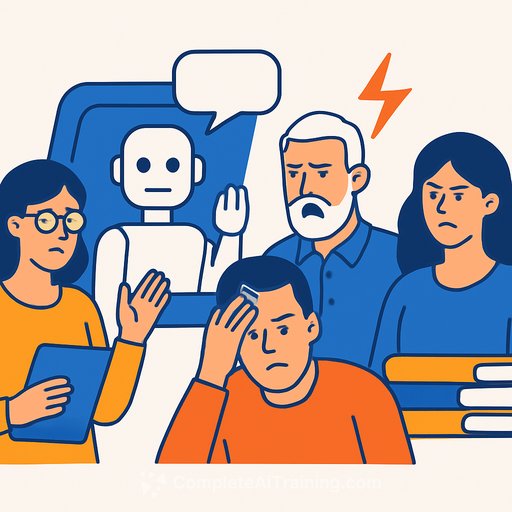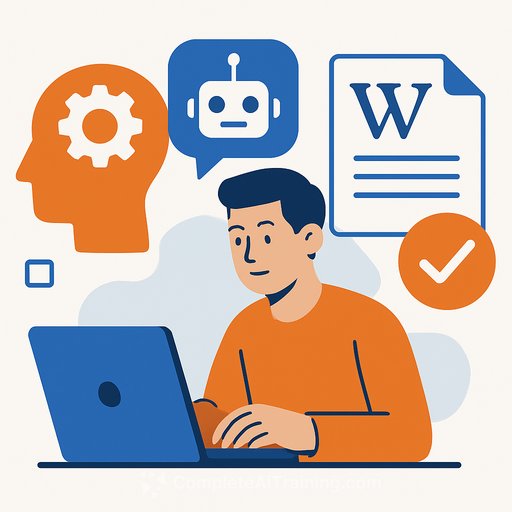GPTHumanizer Sets New Standards for Ethical AI Writing and Humanized Content
Writers are at a crossroads. This year, 85% of content marketers plan to use AI-up from 65% in 2023. Output is exploding, but authenticity is shrinking. The question isn't "should we use AI?" It's "how do we keep human judgment at the center?"
The false positive crisis: when humans get treated like machines
AI detectors are punishing good writing and the people who write it. Vanderbilt University suspended its Turnitin license because a 1% false positive rate would wrongly accuse about 750 students a year. Stanford found non-native English writers were flagged as AI-generated more than 50% of the time. An autistic student failed an assignment because her style was labeled "erratic."
Even published authors aren't safe. ReShonda Tate had a 2020 book flagged as AI-years before ChatGPT existed. These tools often treat clear, formulaic, and grammatically correct writing as suspect. The ACLU compared their accuracy to a coin flip and warned about bias against foreign and neurodiverse writers. That's not a technical hiccup-it's an ethical failure.
The adoption story most writers miss
- 71.7% use AI for structure. 68% for ideation. 57.4% for drafting.
- GitHub Copilot users code 88% faster. 96% of business users create more documents per hour with AI help.
- Readers spot sloppy AI. CNET learned that the hard way. Google removed 14 sites in March 2024 that were 90-100% AI-generated.
- 58% of marketers think AI means job loss for writers.
Here's the uncomfortable truth: a small group is publishing most of the AI-generated content, and much of it reads confident but empty. That's the risk-faster output, thinner insight, weaker trust.
AI plagiarism isn't copy/paste-it's pattern theft
Traditional plagiarism is obvious. AI plagiarism is slippery. Models don't lift sentences from a single source; they learn patterns from millions of sources you'll never see. The text looks "original," but the ideas often aren't.
Authors have filed suits like Kadrey v. Meta over training on pirated books. Similar actions target OpenAI and Anthropic. The core question: when a model outputs patterns learned from copyrighted work, who owns that output?
Anyone can spin up a 2,000-word article in minutes. Will it contain a single original idea? Usually not. That's the authenticity deficit: text that sounds right but says nothing.
A practical framework for ethical AI writing
Don't ask "how much AI is allowed?" Ask "what human value am I protecting?" Use this as your baseline:
- Be transparent, but practical. If AI fixed typos, no one needs a disclaimer. If it wrote 30-50% of the draft, disclose it.
- Keep insight human. Your thesis, conclusions, and core examples come from you. Use AI to clean, not to think.
- Fact-check. AI states falsehoods with confidence. Verify every claim, stat, quote, and link before publishing.
- Add value. Don't remix what's already online. Bring data, lived experience, contrarian angles, or field results.
If you're refining AI-written prose to feel natural, use an AI humanizer as an editorial layer-then inject your own judgment and nuance. Tools like GPTHumanizer can make machine text read closer to your voice, without replacing your ideas.
The stakes for trust (and your career)
68% of researchers think AI makes plagiarism easier and harder to detect. The 2024 plagiarism scandals-even at the highest levels-show how fragile credibility is. If readers can't tell whether you know something or you're just echoing, they'll stop trusting you.
This is where humanizing AI output matters. Use tools, but keep authorship of insight. If 77% of companies use AI and only 14% have an AI ethics specialist, you can't outsource discernment. You are the filter.
For practice-based upskilling on AI for writing workflows, see: AI tools for copywriting and AI courses by job.
Your ethical AI workflow (repeatable and defensible)
- Define the thesis first. Write a one-paragraph "argument" in your own words. No AI yet.
- Research with sources, not prompts. Pull primary data, studies, and your own examples. Save citations.
- Outline with AI. Use it for structure and gaps. Keep the spine of your argument intact.
- Draft human-first. Write the key sections (intro, thesis, conclusion, key examples) yourself.
- Edit with AI. Clarity, tone, grammar, and alternative phrasings. Reject anything that blunts meaning.
- Humanize the read. If the draft feels stiff, pass it through a humanizer like GPTHumanizer, then polish manually.
- Fact-check line by line. Verify stats, quotes, and links. Remove anything you can't source.
- Disclose responsibly. One sentence is enough: "Edited with AI assistance for clarity."
- IRL test. Read it aloud. If it sounds like a brochure, rewrite until it sounds like you.
What to measure (so you don't drift into filler)
- Original idea density: Count unique insights per 1,000 words. Raise the ratio.
- Evidence coverage: % of claims with citations or firsthand examples. Aim high.
- Reader trust signals: Fewer clarifying questions, more saves/shares, consistent replies from qualified peers.
- Revision ratio: How often AI suggestions are accepted vs. rejected. Low blind acceptance is good.
Beyond the binary
This isn't innovation vs. authenticity. Automation without judgment is just noise at scale. We need the efficiency of AI and the discernment of a writer who has done the thinking.
The writers who win won't be the most "AI-free" or the most automated. They'll protect what matters-original insight, lived expertise, and a human voice-while using tools to extend their impact. Do that consistently, and you keep the advantage that can't be copied.
Your membership also unlocks:

